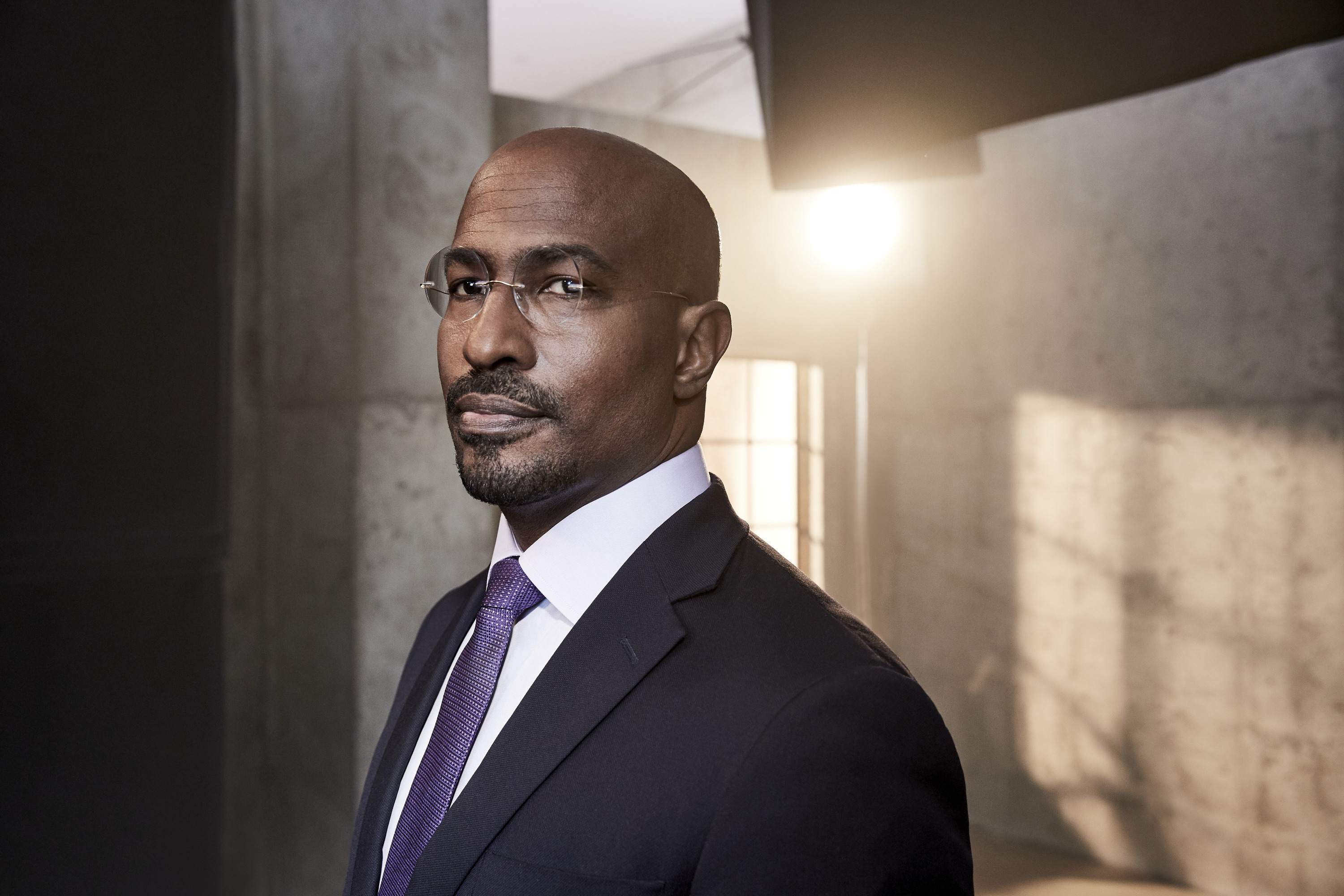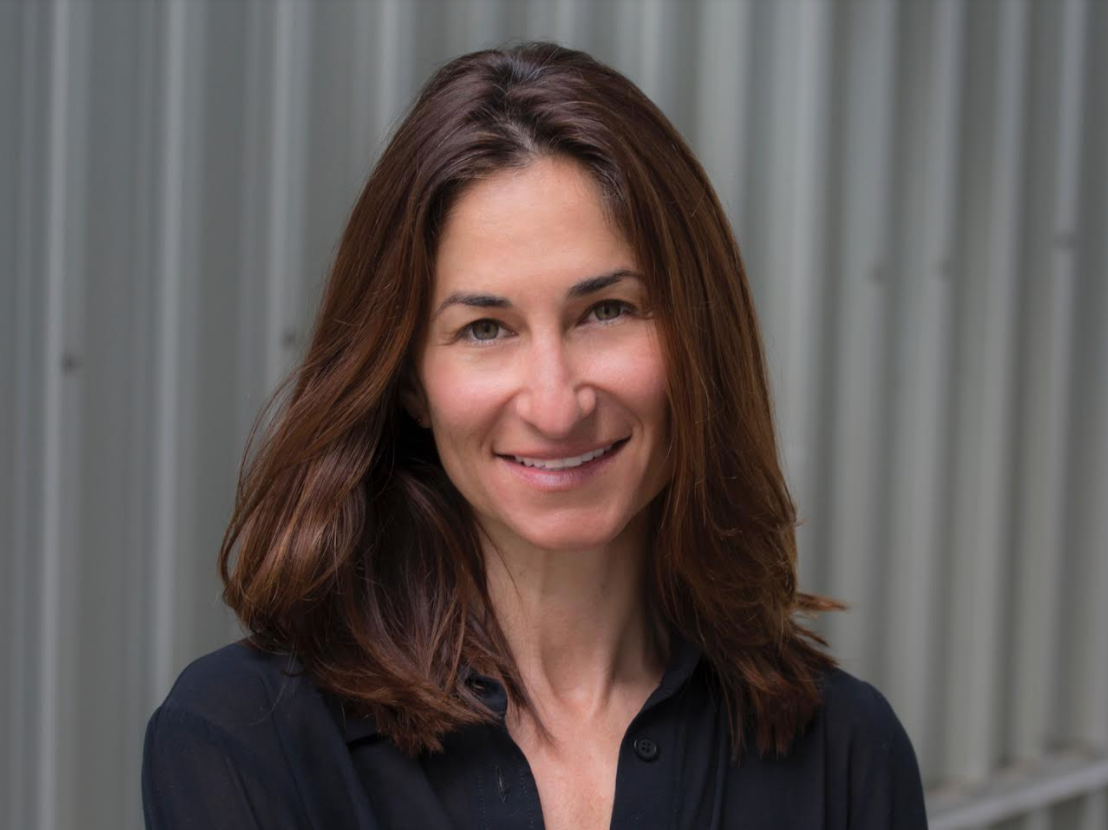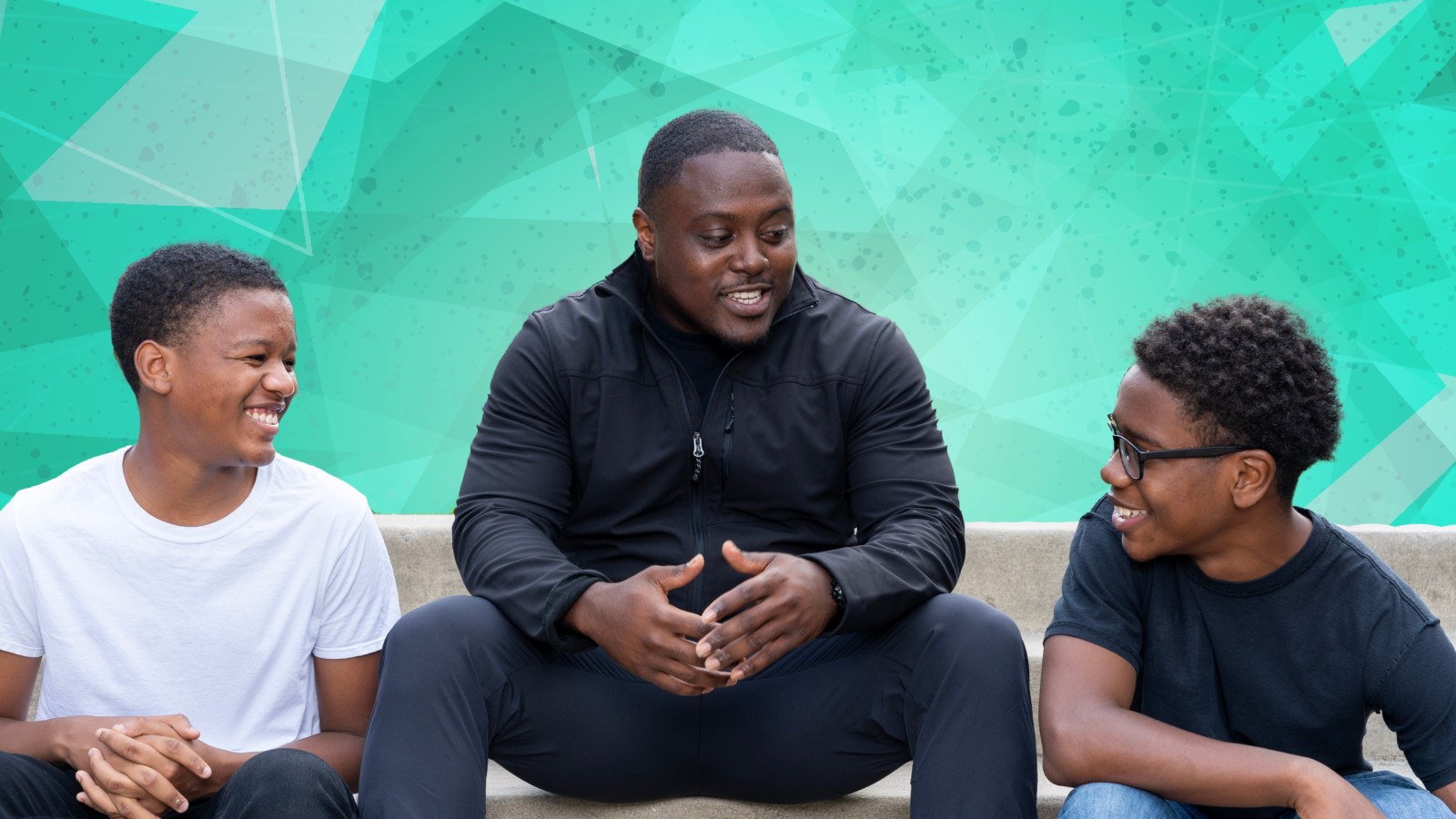As many of our nation’s young people returned to school campuses to reconnect with teachers, coaches, and classmates this fall we rejoiced in their voices and comradery from the bus stops, classrooms, and playgrounds. These sounds take on a greater meaning as we reflect on the significant learning and relational losses that the COVID-19 pandemic has imposed on students globally. With the recent declaration from the American Academy of Pediatrics, the American Academy of Child and Adolescent Psychiatry, and the Children’s Hospital Association that there is a national emergency in our children’s mental health, we must respond with the urgency, commitment, and will that is necessary to support them. To help prevent further impacts on our young people, adults from all corners of society must step up now like never before.
The READY SET campaign is an initiative created by the CAA Foundation in partnership with MENTOR, VolunteerMatch, and AmeriCorps to mobilize Americans to meet this urgent need for student support and help drive educational equity through mentoring, tutoring, or volunteering. As U.S. Secretary of Education Dr. Miguel A. Cardona remarked at the campaign launch, tutors and mentors play a crucial role in boosting the academic, social, and emotional learning that is so central to students’ thriving and striving, and often is especially needed for students in under resourced communities and schools. He reiterated this message in this op-ed for USA Today co-authored with U.S. Surgeon General Dr. Vivek Murthy, citing the READY SET initiative as a pioneering program that will support students’ mental health.
The statistics surrounding the growing number of children and teenagers experiencing crisis in this country are staggering, with children of color disproportionately impacted. At this writing, more than 140,000 children have experienced the death of a primary or secondary caregiver due to the pandemic. Bellwether Education Partners reported at the outset of the school year, “For approximately three million of the most educationally marginalized students in the country, March [2020] might have been the last time they experienced any formal education — virtual or in-person.” This loss of a traditional bricks and mortar education – a source of stability and basic needs for many children – for more than a year during a global crisis left a gaping and perilous void for our nation’s young people, and we are witnessing those effects now in the form of a national mental health emergency as navigate this critical transition.
As the country pushes to increase the number of vaccinated people, including children, to protect against the physical health impact of the virus, we must not forget about this severe toll on our students’ mental health. When students returned to classrooms this fall, social anxiety and increased stress were predictably high. In the most recent YouthTruth survey on well-being during COVID-19, less than half of the 207,000 students polled reported feeling connected to their school community. Forty-nine percent reported feeling depressed, stressed, or anxious at a level that affects their learning; only 39% say there is an adult available at school to talk to when they are stressed; and 16% say they have no adult to help them with their schoolwork.
We have all heard many extraordinary stories of efforts to show up for our young people inside and outside schools throughout this pandemic and as schools return. Together, we must make sure these examples are the rule, not the exception. We can create a nation of relationship-centered schools where adults from every community gets involved and form a safety net of positive connections – not only for our young people’s immediate social emotional needs and re-engagement, but also for their futures. MENTOR’s research report, The Mentoring Effect, shows that young people with a mentor are 52% less likely to skip a day of school, 55% more likely enroll in college, and 130% more likely to hold a leadership position in a club or sports team.
We are calling for a unified effort to strengthen our country’s educational support network where every student has access to direct mentoring relationships to navigate this changing world. To support our young people today, sign up at www.getreadyset.org. Please tell your friends to do the same. The action that caring adults take now to show up for our young people will make a crucial and lasting difference in our collective recovery, and in helping students emerge as curious, kind, smart, and thoughtful future leaders.




